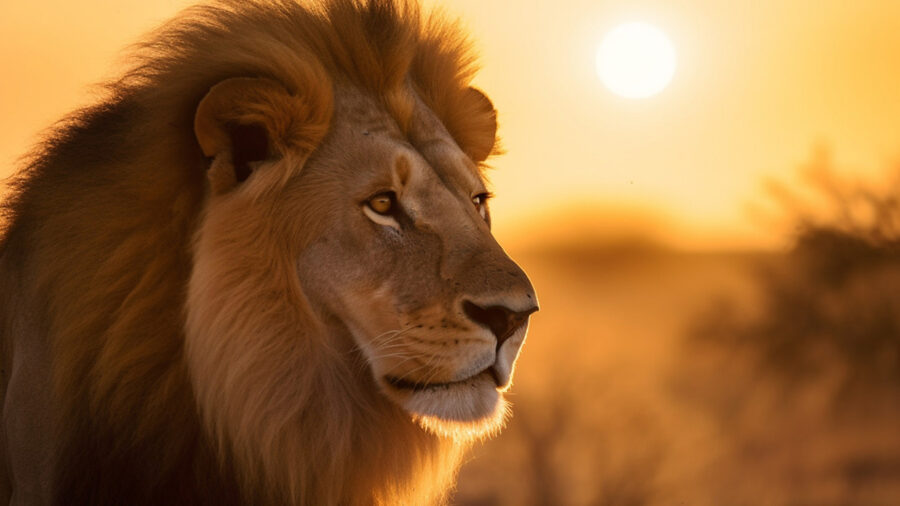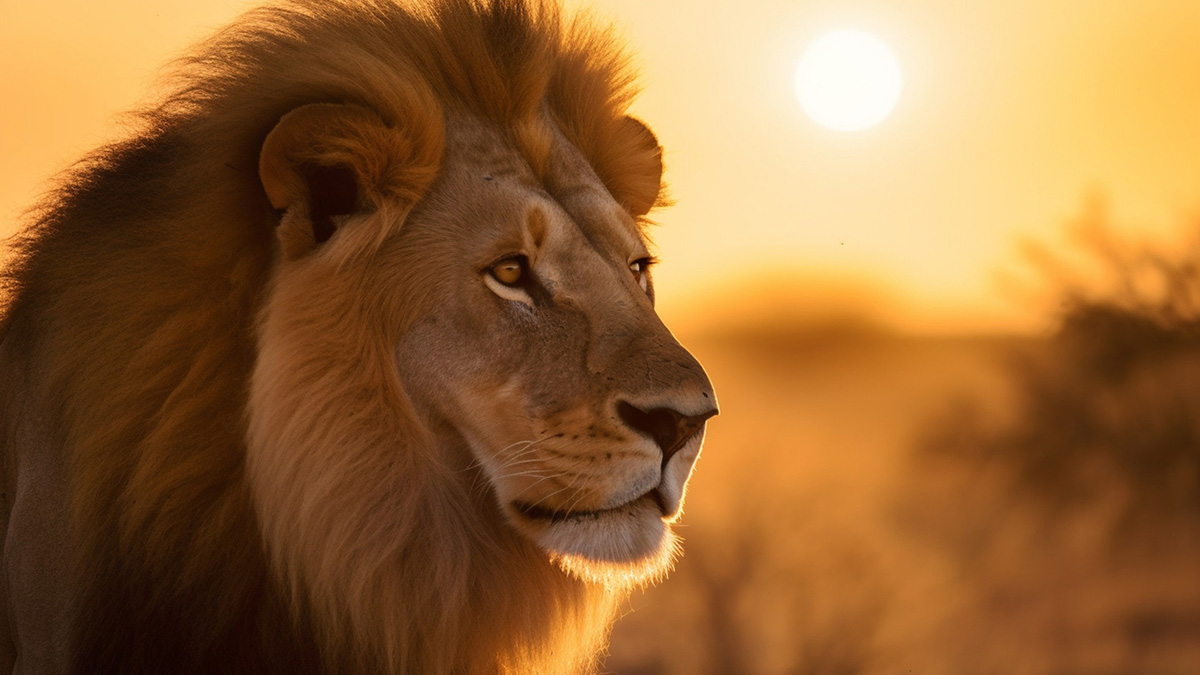
Tourists keen to pay for trophy hunting ban in SA
A ‘lion protection fee’, paid by incoming tourists, could be a game changer for SA’s iconic wildlife…

New research has revealed that international tourists want trophy hunting in South Africa to end AND would be willing to pay for a total ban, in order to protect wildlife. The payment would be in the form of a ‘lion protection fee’ when they enter SA.
This could be a game changer, and apparently has the potential to generate more revenue that that currently generated by trophy hunting in South Africa. Lead Researcher Dr. Tom Moorhouse said:
“We set out to test whether inbound visitors to South Africa would be willing to pay a ‘lion protection fee’ that could compensate for any revenue from trophy hunting lost were it to be banned… (and) in fact, people’s willingness to pay was so strong that it could generate enough funds to equal, if not exceed, those currently generated by trophy hunting.”
The amount currently generated hunting all species is $176.1 million per year.
The study was carried out jointly by a team of UK and South African researchers. They surveyed 1,000 people from countries that most frequently visit South Africa both from within the African continent and overseas. Results showed a strong opposition to SA’s lions being killed for sport, and revealed a desire to protect the nation’s iconic wildlife through a ‘lion protection fee’.
The key findings of the research revealed:
- 84.2% of those surveyed said paying an inbound tourist ‘lion protection fee’ was a ‘good’ or ‘great’ idea. The highest support was among overseas (UK, European countries, and USA) respondents (92.3%) and those from Mozambique (88.9%)
- Daily fees could be set at around $3 USD for southern African tourists and $ 7 USD for overseas tourists without deterring a significant proportion from travelling
- Alternatively, payments could be made in the form of one-off departure taxes of $6 to all foreign visitors leaving by land or sea and $33 to air passengers
- Both fee scenarios would generate funds at least equalling, but potentially exceeding, those currently generated by trophy hunting of all species ($176.1 million US per annum) in South Africa.
These findings add weight to a previous survey conducted in 2022, which showed that public opinion is in favour of banning trophy hunting, with 84% of 10,090 people, including international tourists to South Africa, agreeing that the South African government should prioritise wildlife-friendly tourism over trophy hunting.
This comes as South Africa, and countries like the UK, continue to debate the legal status and future role of this controversial practice.
The study has key relevance to the ongoing public consultation on a “Draft Policy Position” relating to the Conservation and Sustainable Use of Elephant, Lion, Leopard, and Rhinoceros, which was recently shared by The Department of Forestry, Fisheries, and the Environment (DFFE) in South Africa.
These new research findings have been shared with the South African Government with the aim of highlighting the urgent need for them to prioritise and promote wildlife friendly activities as part of their vision to ensure a more sustainable and ethical future for South Africa’s wildlife and its people.
Contributing Researcher Dr Herbert Ntuli from the University of Pretoria says: “Trophy hunting is controversial. On one hand it can generate revenue and create conservation incentives for local communities. But others have argued that it can also damage the economy and conservation reputation if international tourists choose to visit elsewhere. Given the current situation, further exploration of a ‘lion protection fee’ should be carried out. It could be a vital piece of the puzzle to prevent negative consequences for wildlife or livelihoods in South Africa.”
Contributing researcher, Dr Neil D’Cruze from World Animal Protection concludes: “Growing public opposition to trophy hunting is completely understandable. For most people the killing of African wildlife for ‘sport’ or to ‘save’ them is morally abhorrent. Our study removes a huge and important question mark over whether and how funds generated by this controversial industry could be replaced. International travellers both in and outside of Africa say they are willing to pay out of their own pockets to protect wildlife and livelihoods. This information has the potential to be a game changer in terms of gridlocked policy debates on this issue both in South Africa and beyond.”
